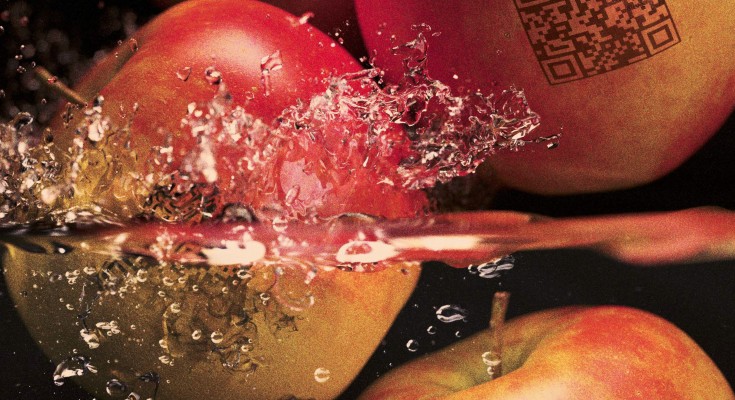
Read our April issue
Sustainable pork production, smart food labelling, phosphorus balancing, personalized nutrition, hybrid intelligence in agriculture, methylmercury in rice, EU subsidies to livestock… and more!

Sustainable pork production, smart food labelling, phosphorus balancing, personalized nutrition, hybrid intelligence in agriculture, methylmercury in rice, EU subsidies to livestock… and more!
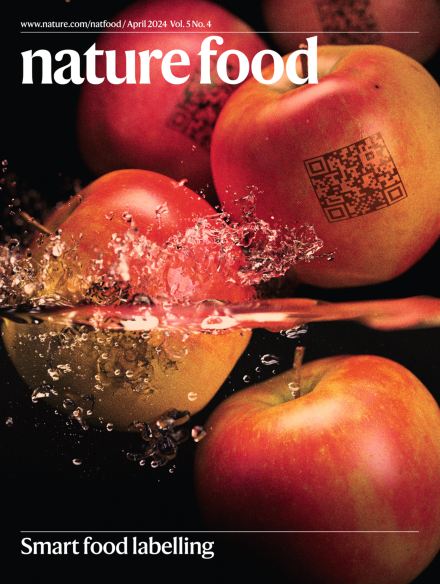
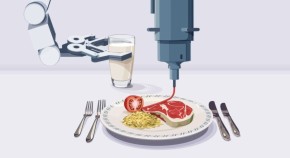
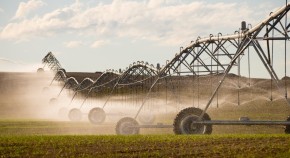
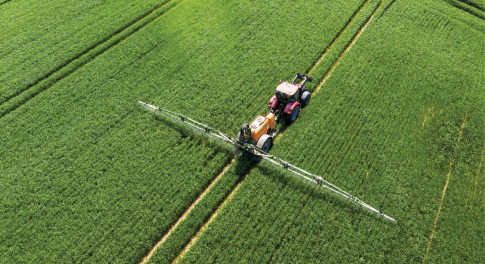
Matching phosphorus fertilizer applications to optimal thresholds required by crops mitigates the exhaustion of phosphorus resources and promotes agricultural sustainability.